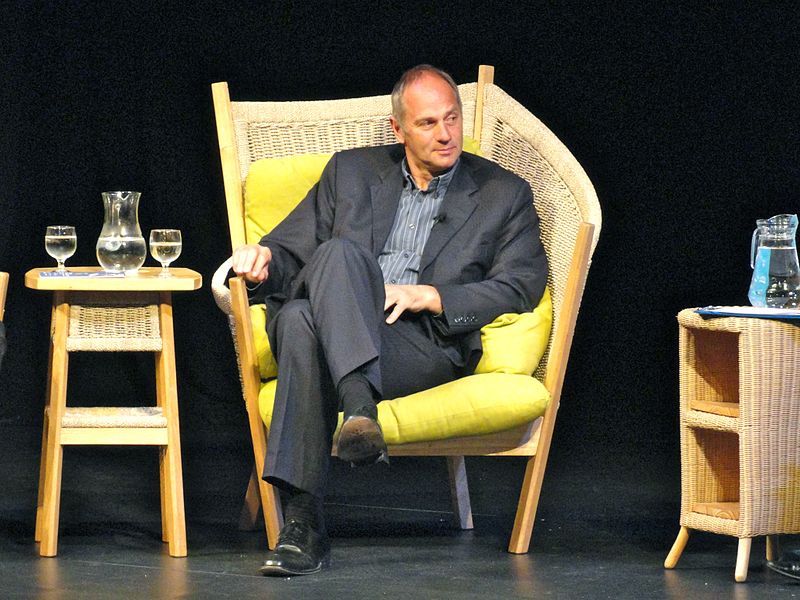What Does it Take to Win Five Consecutive Gold Medals at the Olympics?
Interview with
Meera - We're exploring the role science and technology can play in these sports today, meeting with trainers, scientists and athletes using the developments in this field to help them, or their team, win gold. Or in some cases, like British Olympic rowing champion Sir Steve Redgrave, 5 consecutive golds...
Steve - Rowing is an endurance based sport. If you don't have the lung capacity, the VO2 uptake, transferring oxygen that goes into red blood cells to feed the muscles from that point of view, you're not going to be very efficient in that way. So the science behind is becomes immense: Training, preparation and monitoring, trying to improve levels all the time. When I started back in the '70s, there was none of this.
Meera - How important has scientific understanding or the science and the  scientific tests been in your development, both in training you as the rower, but also how important it is today in the current team and their training?
scientific tests been in your development, both in training you as the rower, but also how important it is today in the current team and their training?
Steve - I think it's been hugely important in my background. Since I've retired, it's moved on from that point of view, but in sport, everyone seems to get faster all the time. They may not get faster every time they go out or within a year, or even an Olympiad with a 4-year cycle. But over a period of time, times get quicker, athletes get quicker. So you got to use every aspect of diet, training etc. The science behind it all plays a part of being a better and faster athlete than we were before.
Athletes now, 12 years on from I started, are performing faster times than when I did. Well, is that because they're better sporting specimens? Maybe. But maybe the science behind of what they're doing has become more sleek and improved from that point of view.
I think there is still a lot of psychological training that could be done. I think our minds are probably the weakest element of our body, so it's not always just about training the muscles. It's about training the mind to cope with the different aspects of training and knowledge that's coming in so we're always going to get faster.
Meera - And what do you think your best traits are that made you an Olympic medal winning rower?
Steve - I think in the early days, I had a physique that really suited the rowing at that time. Matthew [Pinsent] ended up being a better specimen than me within the sport, but I became mentally tougher. You can't just think it's all about science, or it's all about training, or it's all about the mental side of it. It's a percentage of all of it. And to be a great athlete, you got to be able to take all those aspects on.
Meera - That was 5-time Olympic gold medallist, Sir Steve Redgrave.










Comments
Add a comment